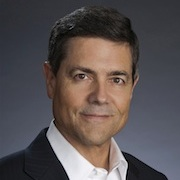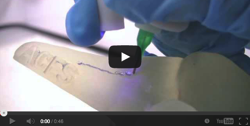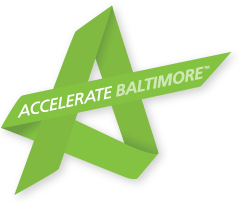

There’s a reason why Johns Hopkins University has been named one of the top med schools worldwide and the number one hospital in the U.S. Students at Johns Hopkins are driven and relentless in their pursuit of innovative solutions to every day problems. They tend to be incredibly talented, skilled in their respective fields. Which would explain why the Baltimore school was named one of the top 10 universities with the most creative students by ViewsOnYou this year.
A London-based startup, ViewsOnYou is known for acting as a dating site of sorts for prospective employees and companies hiring. It sets up profiles to help match job seekers with the ideal businesses for them according to their personality type. Taking three components into consideration – energy, interpersonal and intelligence – ViewsOnYou offers a more in-depth connection for both parties.









